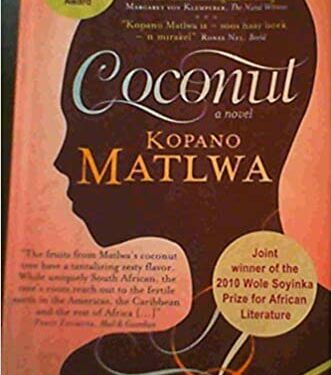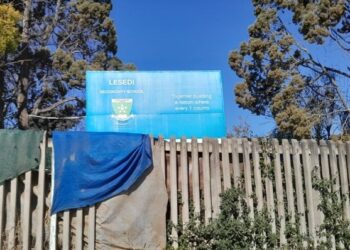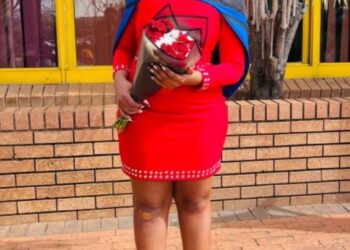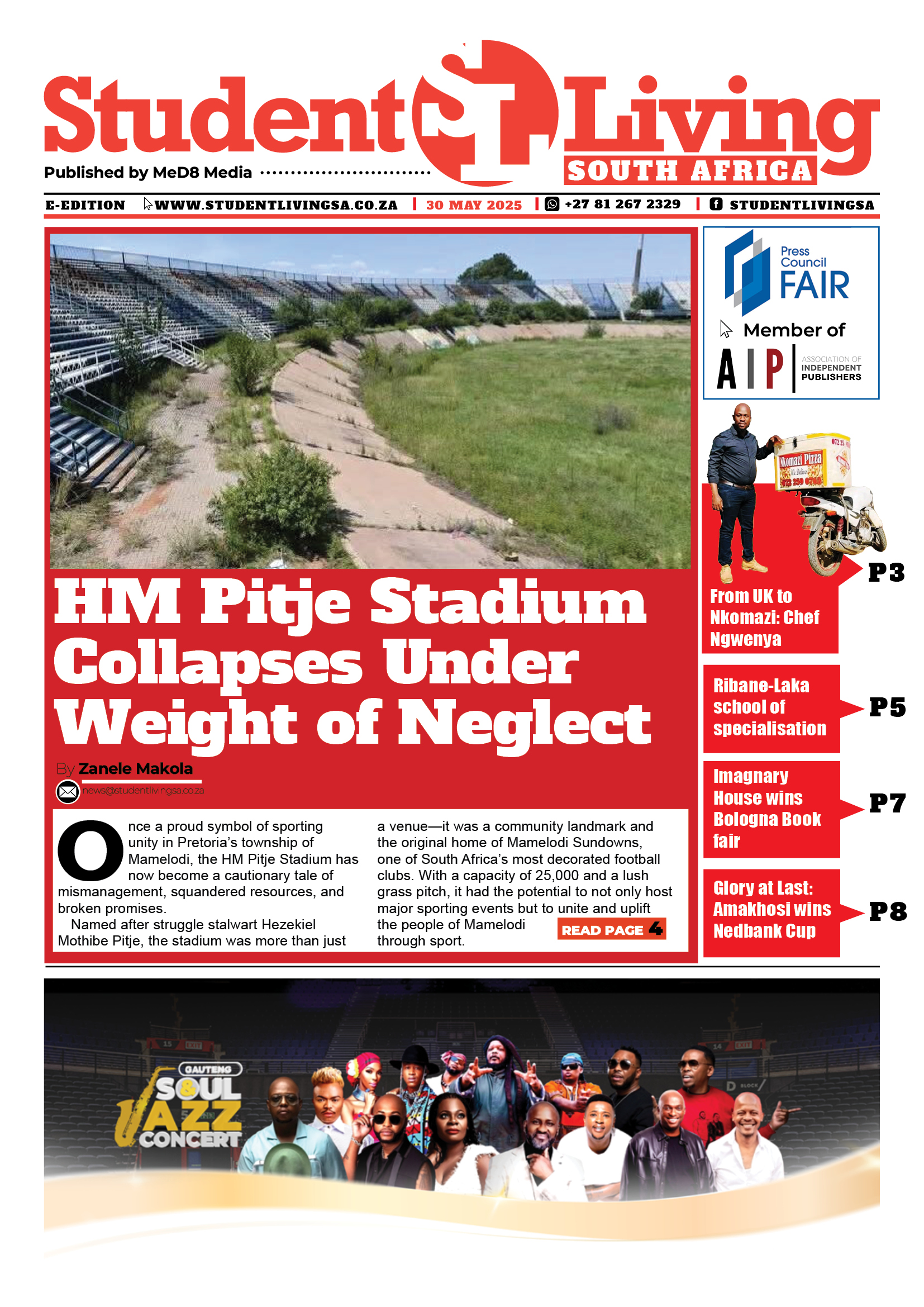Author Kopano Matlwa
By Tsepiso Theko
An important reflection of the racial boundaries in modern South Africa. Kopano Matlwa’s debut novel written in 2007 is relevant even today.
The book is written in two voices as two parts of the book
One is Ofilwe, a privileged teenager living in the surbubs of Johannesburg and attends private school. Her life takes a shift as she is confronted by her skin colour and the urge to belong. For someone who has always identified with her white friends she is shocked at the reality of racism. Although she had experienced it many times before, she may not have had a word for it. “No ways! Her lips are too dark” had come out from one of her white friends during a kissing game. Ofilwe is pressured to find her own identity outside her white friends mostly by Tshepo, her brother who tells her “Friends, Ofilwe, know your name. Friends ask where you come from and are curious about what language you and your family speak…Friends do not scoff at your beliefs, friends appreciate your customs.”
But unlike Tshepo, who is portrayed as trying too much to belong to the black community and whom I wish had been given enough voice in the story, Ofilwe has even forgotten her mother tounge. Can she learn back that language her mother speaks with her brother, how did it leave her?
Kopano asks:
“Where does an unused language go? Is it packed away in an old crumbly cereal box along with a misplaced tomato, your old locker code, first telephone number and the location of your budgie’s grave, and then shoved into the dusty garage space of your brain?Or is it blown up or deleted or is it shredded up into a gazillion fragments or degenerated or decomposed into a nasty smell and excreted out of your body “
The second part follows Fikile, who is a sassy and over ambitious girl from the townships. Trying by all means to leave the township and live a more sophisticated life away from her uncle.
She gets a job at a high class coffe shop. To Fikile, this is a ladder to success, a way out of the pits of township and it’s people. Fikile is disappointed by the slow rejection of world she worked hard to get to. Is she not good enough?
Who is the privileged? The one learning or the one trying to unlearn?
Kopano Matlwa was very careful in provokingly getting into the worlds of the two main protagonists. Two different girls from different backgrounds, one going in and one trying to come back.
A beautifully written bare reflection of privilege, identity, racism, culture put in literature.
















